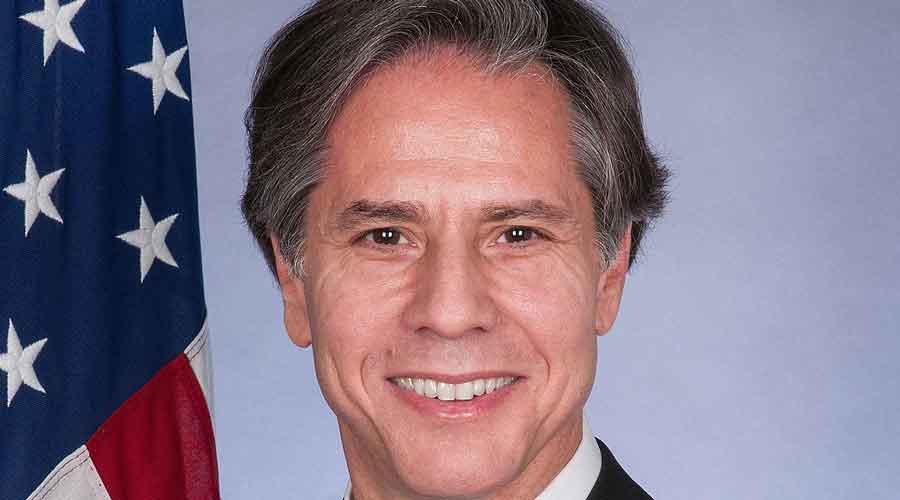Dual game
Sir — The observations of the secretary of state of the United States of America, Antony Blinken, on Pakistan’s alleged ‘duplicity’ in dealing with terrorism and the Taliban have raised public expectations that Washington may reverse its policy of indulgence towards Islamabad (“Late confession”, Sep 16). But this appears to be unrealistic.
It is clear that the US’s ouster from Afghanistan has much to do with Pakistan — without the latter’s tacit support, it would have surely been difficult for the Taliban to evolve politically and militarily. But there are also suspicions that the US allowed Pakistan’s game to succeed. For quite some time, Washington’s purpose had been to extricate itself from Afghanistan — a goal that the current president, Joe Biden, pursued with the same vigour as his predecessor, Donald Trump. This could only be achieved at the cost of giving Pakistan — and the Taliban — a free rein and, in the process, deceiving the erstwhile government of Afghanistan and blindsiding India, which is otherwise considered an ally.
India has not benefited from Pakistan’s purported cooperative attitude towards counter-terrorism. It must formulate its own political and military response to terrorist activities carried out by outfits based in Pakistan and now possibly in Afghanistan.
The US’s value as an ally is also questionable. In all probability, the Biden administration intends to continue to engage with Pakistan in order to protect the US mainland from terrorist attacks. This could involve humouring Islamabad. It is, therefore, essential for New Delhi to not depend on other nations but rather fashion its own path.
S.S. Paul,
Nadia
Sir — As it disengages with Kabul, the US will no doubt be compelled to defer its agency in the Afghan region to Pakistan. In spite of decades of perfidy on the part of Pakistan in hunting with the US and running with the Taliban, Washington is loath to exclude Islamabad from its Afghan equation, if only to counter Chinese influence in the region. Pakistan, on its part, would be more than willing to acquiesce.
Antony Blinken’s recent statement about Pakistan betrays a strategic attempt to secure a staging post in India for strikes on Afghan soil in case such a measure is needed. But this could be detrimental to India’s interests. Its involvement in this matter could create a lasting conflict with Afghanistan and its tacit ally, Pakistan, along the entire north-western border. Such an interminable conflict could, in turn, benefit China — the other major stakeholder in the region — in the long run. Ultimately, it is possible that the US would renege on its commitment, leaving India to handle the aftermath on its own.
R. Narayanan,
Navi Mumbai
Sir — It seems that the US has finally become aware of Pakistan’s true colours. Pakistan, a nuclear-armed State, has often been accused of nurturing religious extremism. When international pressure builds up to crack down on terrorist groups operating on its soil, it has allegedly done so only superficially, while covertly continuing to support them.
This seems to have been Pakistan’s geopolitical strategy for years. But Antony Blinken’s recent remark regarding Pakistan’s ‘duplicity’ indicates that the threat posed by the State is being recognized at last. It is time for the US to realize that the indispensability of Pakistan to its own interests is only a delusion.
N. Sadhasiva Reddy,
Bangalore
Charge ahead
Sir — Change is finally in the air. The Calcutta police are set to take on lease 226 electric vehicles as they phase out the 15-year-old diesel-powered ones used by the force. This initiative is aimed at saving fuel and maintenance cost as well as reducing air and noise pollution. The move must be lauded — it will help raise awareness among citizens about environment protection and also give the e-vehicles industry in the country a boost. Vehicular emissions are a major contributor to the city’s pollution level. A shift towards such greener alternatives may be the only way forward.
Preeti Singh,
Calcutta











